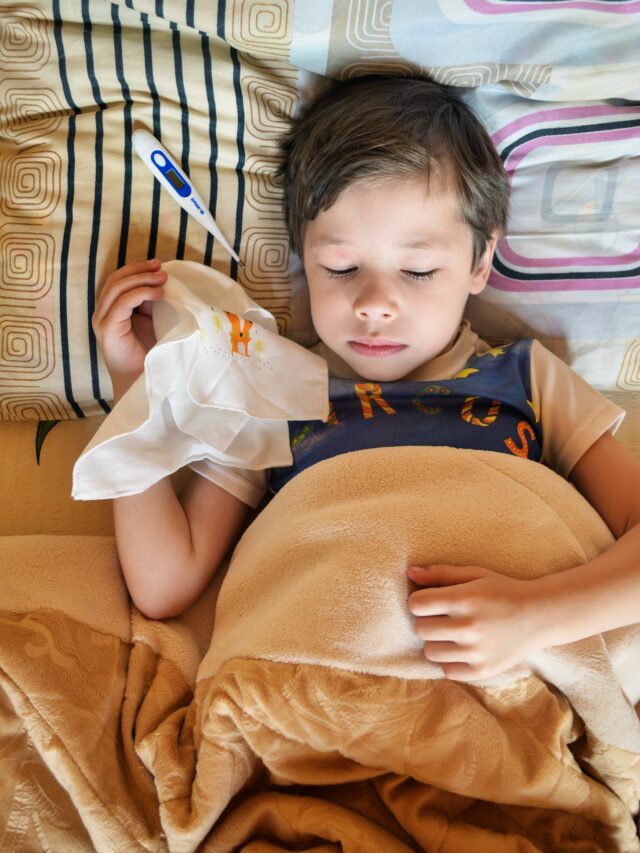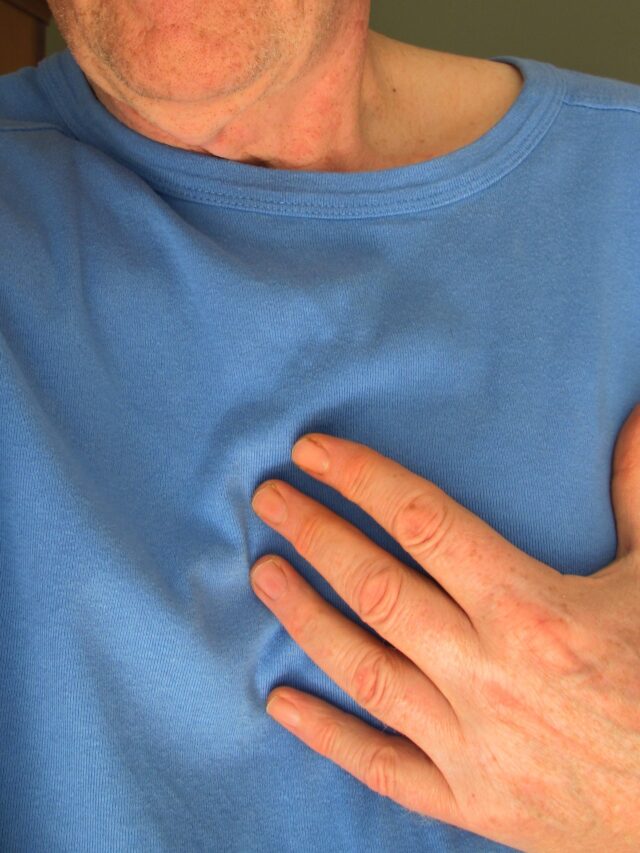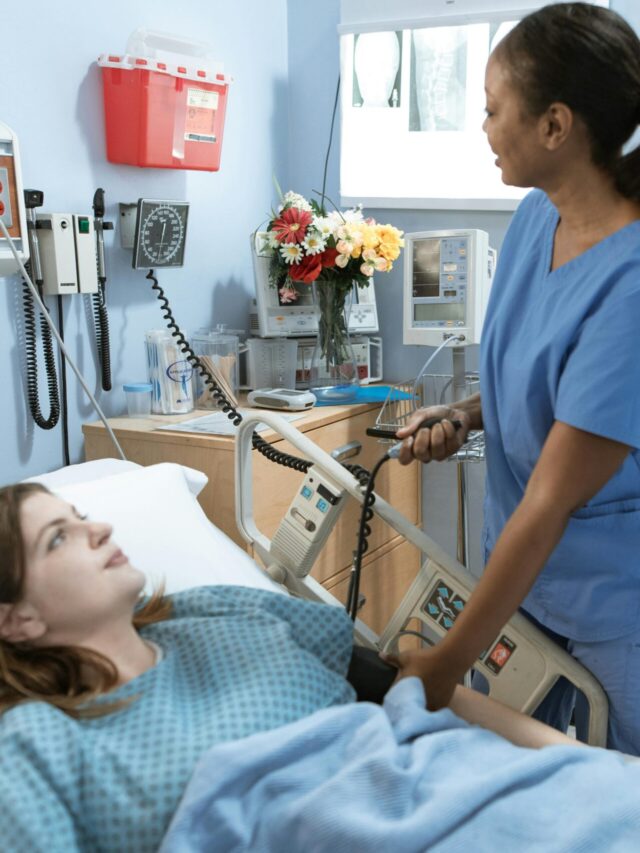CONSTIPATION :
Defining constipation is difficult as different people have different bowel habits. For some countries and people passing stool three times a week is also normal and in some countries, three times a week’s bowel movement is also considered as constipation.
So constipation can be considered if the person complaints of :
1) Difficulty or excessive straining in the passing of stool.
2) Passing of hard or pebble-like stool.
3) Reduced bowel movement frequency as compared to before without any significant change in lifestyle and eating habits.
4) Patients can also give the history of using their fingers to help them with bowel movement which is termed as ‘digital evacuation.’
ETIOLOGY OF CONSTIPATION:
1) Ageing – constipation is more common in older age groups.
2) Low fiber diet – Fiber is an important component of food that can help in good bowel movement.
3) Oily and fatty food – These types of food take time to digest and hence can lead to constipation.
4) People suffering from diseases like diabetes and hypothyroidism are at high risk of developing constipation if these are not kept under control.
5) Anal fissures, Haemorrhoids can lead to constipation.
6) Rectum prolapse especially seen in old people leads to constipation.
7) Hypertonicity of the anal sphincter makes it difficult to defecate as sphincters don’t relax fully during defecation.
8) Patients suffering from neurological disorders like Parkinson’s disease, and multiple sclerosis are prone to develop defecation problems.
9) Alcoholics and smokers are also at high risk for developing constipation.
10) Medicine – Some medicines like NSAIDs, Levodopa, loperamide, and diuretics like furosemide can cause constipation in some people using these medicines.
11) Surgery – Patients undergoing long abdominal surgery like hernia repair and other similar surgeries can have constipation for some time.
12) Neoplasm: patients suffering from cancer are more likely to develop constipation due to cancer itself or due to treatment of carcinoma.
How doctors diagnose and treat constipation-
CLINICAL FEATURE :
Patients come with complaints of
1) Difficulty in passing stool or excessive straining while defecation.
2) Felling of incomplete evacuation.
3) Feeling of heaviness in the stomach.
4) Loss of appetite
5) Long-standing constipation can result in weight loss.
6) Bleeding while defecation can occur due to hemorrhoids or tears in the rectal wall due to hard stool or excessive straining.
7) patient can complain of a mass protruding from the anal area in case of hemorrhoid or rectal prolapse.
INVESTIGATION –
1) Routine blood investigation is important to rule out any infections.
2) Fasting and post-prandial blood sugar level should be checked to rule out diabetes.
3) Thyroid-stimulating hormone (TSH) should be checked for hypothyroidism.
4) serum calcium level is checked for hypercalcemia which can also cause constipation.
5) A liver function test should be done to check for serum bilirubin levels.
6) Proper external examination of the rectal area should be done to check for any mass or prolapse of a mass while straining or coughing or any infection in the surrounding area of the anal region.
7) Proctosigmoidoscopy which is the examination of descending colon and sigmoid colon with the help of a sigmoidoscope.
8) A balloon expulsion test can be performed to check if the patient has an evacuation problem.
9) Imaging techniques like MRI and X-rays can also be performed to check for evacuation difficulties.
10) An ultrasound of the abdomen can be done if liver damage or any other abdominal-related pathologies are suspected as the cause of constipation.
MANAGEMENT:
Lifestyle modification, medical and surgical intervention are the management techniques that are used by doctors to provide relief to the patient from constipation. They are as follow:
1) Increasing the fibrous diet is important which includes wheat, oats, and barley.
2) Fruits and vegetables are good source of vitamins, minerals, and fiber and hence they should be consumed daily. Apple, banana, kiwi, spinach, cauliflower, broccoli.
3) Regular exercise helps in improving our metabolism which in turn can provide relief from constipation.
4) Reduce fatty and oily food such as butter, and pizzas.
5) Red meat is difficult to digest and can lead to constipation. It is better to reduce the amount of meat consumption and include more green vegetables in our diet.
6) Reduce or stop alcohol intake.
7) Quit smoking.
8) Drink a proper amount of water as it can provide relief from hard stools.
9) If suffering from hypothyroidism or diabetes then it’s important to consult the doctor and take appropriate medicine as prescribed to keep them under control as these diseases if under control can provide relief in constipation.
10) Many medicines are known to cause constipation so it’s always advised to consult the doctor before taking any medicine if constipation occurs from any medicine then the patient should remember the name of the medicine and always inform the doctor about that medicine so that the doctor can prescribe some other medicine to prevent constipation in the patient.
11) Medicine – There are many types of medicine available to provide relief from this problem and after properly examining the patient, the doctor prescribes the medicine according to the patient’s condition. These laxatives include :
Psyllium husk, lactulose, magnesium hydroxide, magnesium citrate, polyethylene glycol, and sodium picosulphate.
12) Surgical intervention – If a person is suffering from hemorrhoid, or rectal prolapse which is causing this problem then it’s important to provide relief through the surgical measure.
13) Abdominal muscle physiotherapy can be done if this problem occurs after the surgical procedures in the abdomen.
14) If this disease is due to cancer then proper radiotherapy and chemotherapy should be done.
15) As old age people are more affected by this disease, so they should be advised about not straining during defecation as the rectal muscles are weak in them and it can lead to prolapse of the rectum and proper medication should be given to them to provide relief from this disease.
Important points –
It’s very important to have a fiber-rich diet and lead an active life for a good metabolic function of the body to prevent constipation. Always take medicine as prescribed by the doctor to reduce the chances of this disease which can be medicine-related.
It is better to eat a light dinner so that the body can properly metabolize the food and in the morning the stomach doesn’t feel heavy or bloated.
TAKE CARE AND STAY HEALTHY.








